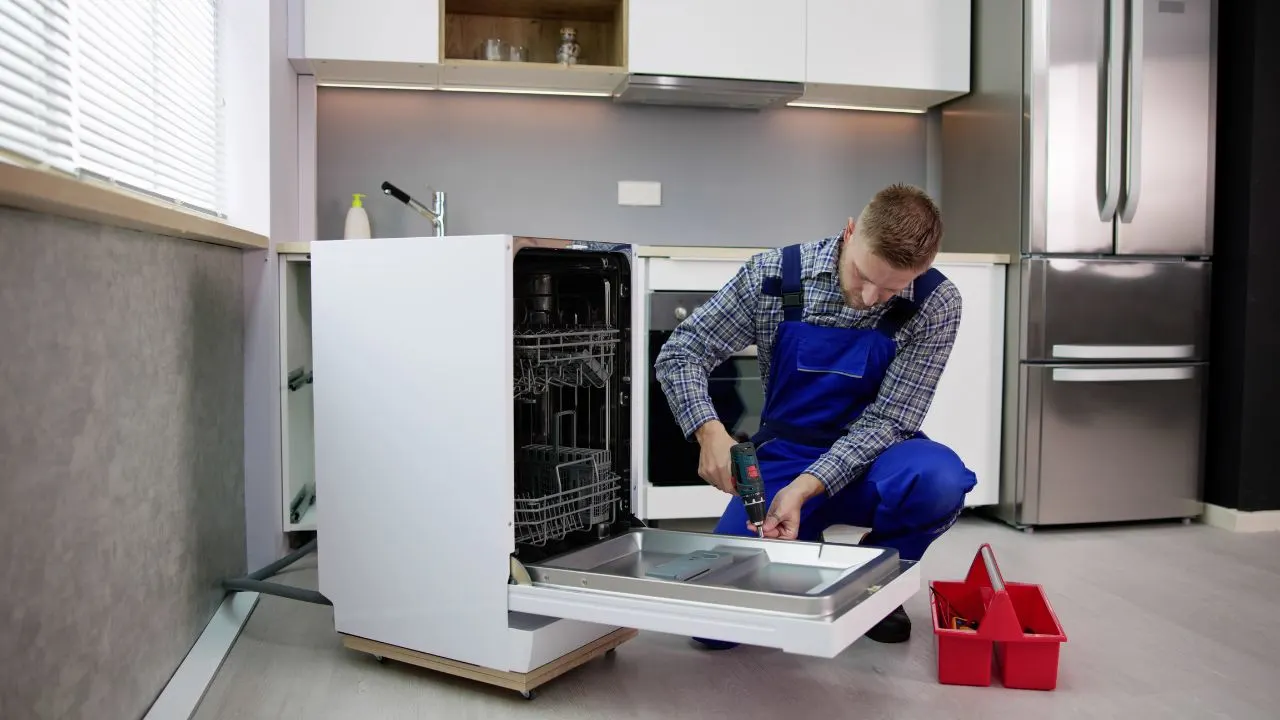
How to Extend the Life of Your Household Appliances
The Secret to Long-Lasting Appliances? A Little TLC
We all rely on our household appliances—maybe more than we care to admit. That fridge humming in the kitchen, the washer keeping our clothes fresh, or the oven baking Sunday dinner—these machines quietly power our daily lives. But here’s the thing: they’re not invincible.
They age, wear down, and eventually give up. Or do they?
Truth is, most appliances don’t die from old age. They die from neglect. Curious how to keep yours going strong for years? Check out this full article with practical steps that truly make a difference.
Let’s dive into the surprisingly simple habits that can stretch the life of your appliances—and save you hundreds (if not thousands) on premature replacements.
Clean Machines Live Longer
This one’s as obvious as it gets, yet too often overlooked.
Dusty coils on the fridge? That can cause the motor to overheat. A lint-filled dryer vent? Fire hazard aside, it’s brutal on efficiency. Gunky dishwasher filter? Say goodbye to sparkling plates.
Make this a habit:
- Vacuum your refrigerator coils every six months.
- Wipe microwave interiors weekly.
- Clean lint traps after every dryer load.
- Descale your washing machine and dishwasher monthly.
As Benjamin Franklin put it, “An ounce of prevention is worth a pound of cure.” He probably wasn’t talking about clogged air filters, but the logic holds.
Use Them Right (Not Rough)
Many appliances break down not because they’re poorly made, but because people use them… creatively. Like stuffing 15 towels into a washing machine meant for 8. Or microwaving a sealed container (we’ve all done it once, right?).
User error is the number one reason repair technicians get called in.
If you’re unsure how to load the dishwasher or what “delicate cycle” really means, take five minutes to skim the manual. You might be surprised how much longer your machine lasts when used exactly as intended.
Don’t Skip Maintenance
You wouldn’t drive your car for five years without an oil change, right? So why expect your AC unit or water heater to run forever without a little upkeep?
Some quick examples:
- HVAC filters – Replace or clean every 2–3 months.
- Water heaters – Flush annually to prevent sediment buildup.
- Dishwashers – Check and clean spray arms and filters monthly.
- Washing machines – Tighten hoses and inspect for leaks regularly.
These tiny tasks prevent massive headaches later.
And here’s a stat to consider: According to the U.S. Department of Energy, regular maintenance can improve appliance efficiency by up to 30%. That’s not just longer life—that’s lower bills too.
Surge Protection Isn’t Just for Computers
Power surges happen more often than you think, and they can fry your appliances in a blink. Especially pricey ones like refrigerators or washing machines.
Install surge protectors—especially if you live in an area prone to outages or lightning storms. Even better, invest in a whole-house surge protector. It’s one of those unsexy purchases that pays off big when the lights flicker.
Let Them Breathe
Ever notice how appliances tend to get jammed into corners, closets, or crammed against walls?
Poor ventilation leads to overheating, which leads to early burnout. Ensure your appliances have the space they need—especially dryers, fridges, and freezers.
- Leave at least 2–3 inches behind the fridge.
- Keep dryer vents short and straight.
- Avoid stacking items on top of microwaves or washers.
Think of it as personal space for machines.
Level Them Up
No, not metaphorically. Literally level them.
A wobbly washing machine may seem harmless until it starts shaking like it’s doing the cha-cha. Uneven placement wears out the drum bearings and motor faster than you’d think.
Use a level tool. Adjust the feet. Trust us—your floor (and your nerves) will thank you.
Signs It’s Time to Show Some Love
Sometimes your appliances whisper that something’s wrong long before they quit. You just have to listen.
Watch for:
- Strange noises (grinding, buzzing, rattling)
- Leaks or puddles
- Longer-than-usual cycles
- Overheating or burning smells
Catching these signals early can mean the difference between a minor repair and a major replacement.
Final Thought: You Get What You Give
Household appliances may not have feelings, but they sure do reflect your care. The more attention you give them, the more reliable they become.
As the old saying goes, “Take care of your tools and they’ll take care of you.” Same goes for your washer, dryer, and dishwasher.
So next time you pass the fridge, give it a little pat. Clean those coils. And maybe, just maybe, it’ll keep humming faithfully for years to come.
Even machines appreciate a little love.
Just like appliances need regular care to perform their best, your English preparation needs consistent effort too. If you’re planning to take the CELPIP test, check out our Complete CELPIP Exam Pattern Guide for practical tips, strategies, and resources to boost your score confidently.











